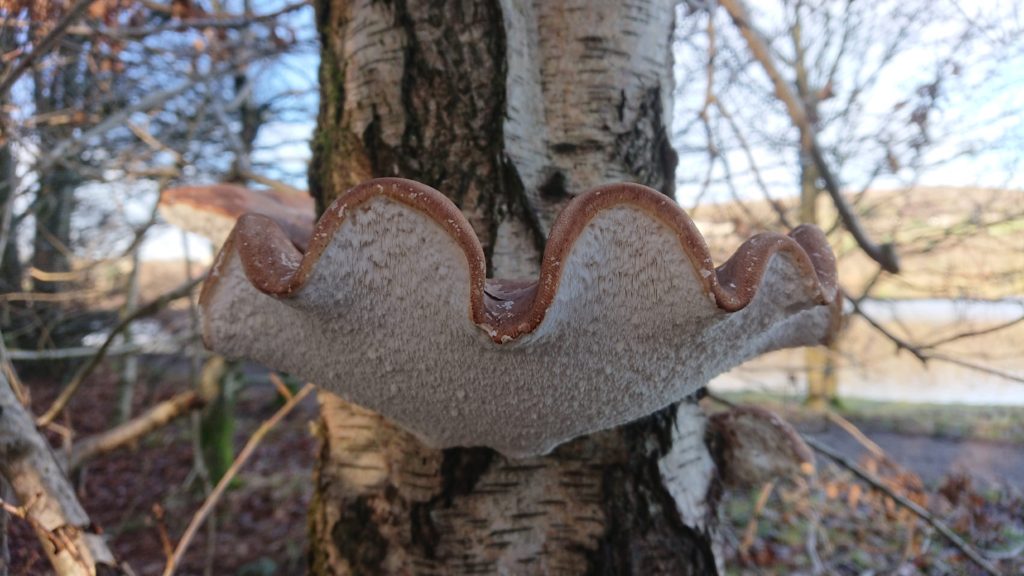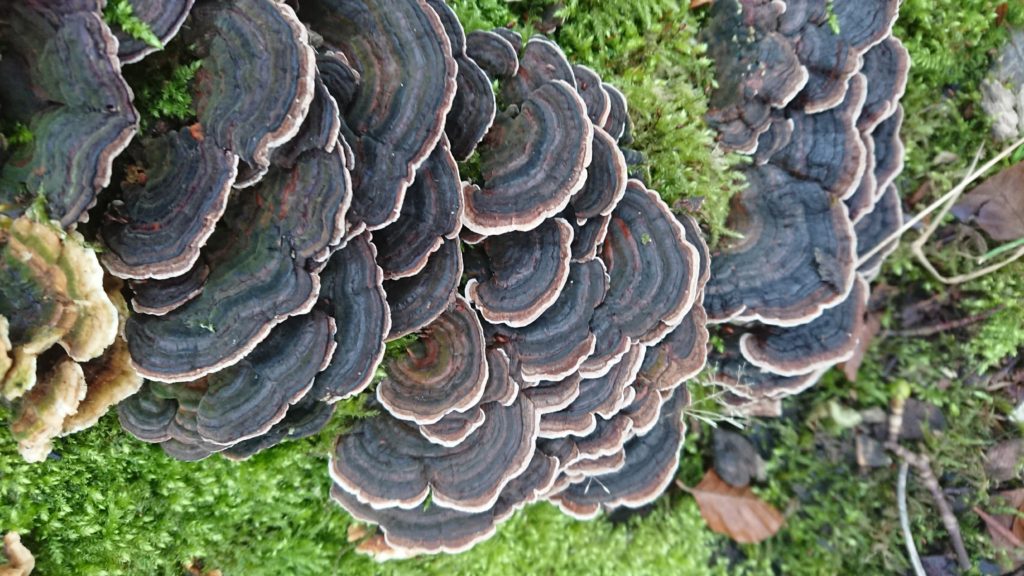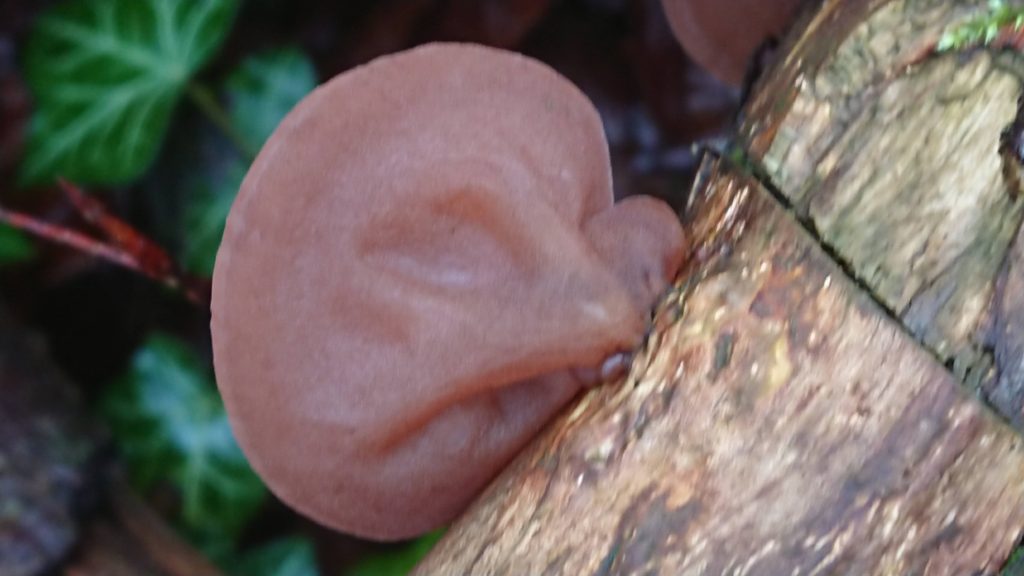Dear Benedict
I’m not sure how many folks use this word ‘scrutiny’ on a daily basis. There must be many jobs and roles in which it remains an essential skill. Most days I confine my scrutiny to the natural world of Longdendale, examining fungi especially, but also inspecting any other things that attract my attention.

You mention scrutiny in chapter 2 of your Rule: it’s necessary to scrutinise the results of the leadership offered by those leading the community. We find out how effective their leadership is by its fruits in the community and that requires scrutiny.

So it’s a skill we need and a process we need to encourage, even if it seems challenging. It needs to be ongoing and perhaps it is also something that goes on under the radar some of the time.
Speaking of radar, not a concept that was familiar in the 6th century, I’ve been delighted to watch a young person I knew when I was a school chaplain enjoying success in her chosen career in a documentary on national television. This young person, still only 20 years old, was one of the team of anti-bulling champions we developed with the help of a national anti-bullying organisation. Now on her chosen career path she continues to exhibit those personal characteristics of honesty and integrity that stood her in such good stead then, even when under scrutiny in a much more pressured occupation.
Of course she is not alone. Our society benefits from the countless number of people who share their skills in community in honesty and openness. Indeed, I’d suggest it was essential to good leadership. What your Rule makes clear is that leadership is not about idolising particular people or setting them up on a pedestal, even if aspects of celebratory culture want it to be replete with glamour and press opportunities. Everyone, whoever they are, must be subject to scrutiny and that scrutiny itself must be thorough, honest and replicable.

Each day I go into the valley and look at the fungi. They grow very slowly. Other aspects of the forest flourish around them. Their presence is a sign of a vast network of activity going on underground: the Mycelium. The fungi I see above ground are just one small part of the whole body. They are part of the life cycle that appears for a short time, withers and fades, whilst underground the Mycelium network continues to hold it all together. May we bear just as much scrutiny.
From my remembered bible: Consider the Fungi of the Fields (or Lilies if you like).
May my actions bear scrutiny.
From a Friend of Scholastica and a Member of the Lay Community of St Benedict
